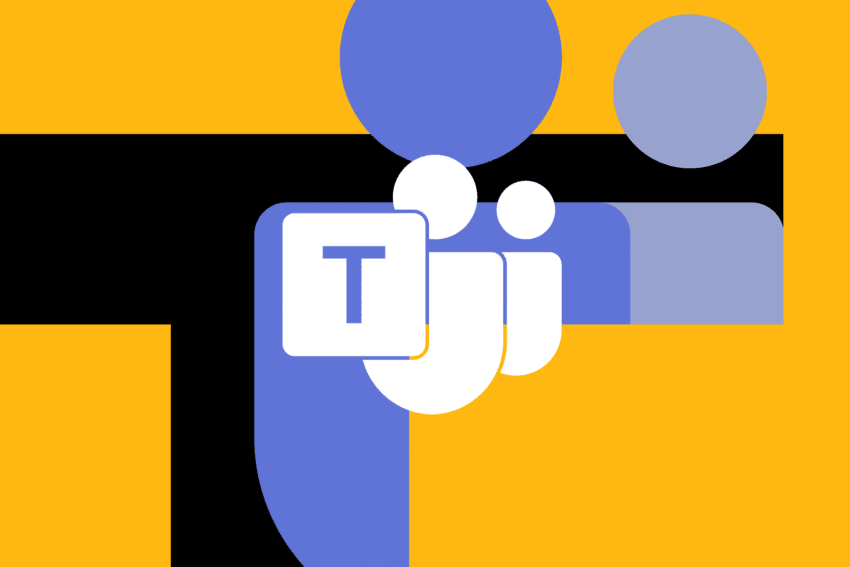
microsoft is filling teams with ai agents Microsoft is enhancing its Teams platform by introducing a suite of AI agents designed to streamline collaboration and improve productivity for users.
microsoft is filling teams with ai agents
Introduction of AI Agents in Microsoft Teams
In a significant update, Microsoft has announced the integration of multiple AI agents into its Teams application, aimed at transforming how users interact within the platform. This initiative is part of the broader Microsoft 365 Copilot offering, which seeks to leverage artificial intelligence to enhance workplace efficiency. The new AI agents are designed to assist users in various capacities, including meeting facilitation, project management, and community engagement.
Types of AI Agents
The newly introduced AI agents can be categorized into several types, each tailored to specific functions within Microsoft Teams, SharePoint, and Viva Engage. These agents are designed to work seamlessly across these platforms, providing users with a cohesive experience.
Facilitator Agents
One of the standout features of this rollout is the introduction of facilitator agents. These agents are designed to participate actively in Teams meetings, taking on several key responsibilities:
- Creating Agendas: Facilitator agents can automatically generate meeting agendas based on the topics to be discussed, ensuring that meetings are structured and focused.
- Taking Notes: During meetings, these agents can record key points and decisions, providing a reliable source of information for participants.
- Answering Questions: They can respond to queries raised during meetings, drawing from previous conversations and relevant data.
- Time Management: Facilitator agents can suggest time allotments for different meeting topics, alerting participants if discussions are running over schedule.
- Document and Task Creation: These agents can also create documents and tasks based on the meeting discussions, although this feature is currently in public preview.
For users on the go, a mobile version of the facilitator agent is available, which can be activated with a single tap. This feature ensures that users can capture important information during spontaneous discussions or quick hallway chats, making it easier to stay organized and informed.
Channel Agents
Another type of AI agent being introduced is the channel agent, which is specifically designed to enhance communication within Teams channels. These agents offer several functionalities:
- Answering Questions: Channel agents can provide answers based on the historical conversations and meetings that have taken place within a specific channel, making it easier for users to find relevant information.
- Generating Status Reports: They can also create status reports for ongoing projects, summarizing progress and key updates in a concise manner.
This functionality is particularly beneficial for teams that handle multiple projects simultaneously, as it allows them to maintain clarity and focus without having to sift through extensive chat histories.
Community Agents in Viva Engage
In addition to the facilitator and channel agents, Microsoft is also rolling out community agents within Viva Engage, its platform for company-wide social networking. These agents are designed to support community administrators in several ways:
- Answering User Questions: Community agents can respond to inquiries from users, helping to foster engagement and interaction within the community.
- Supporting Admins: They assist community admins by providing insights and recommendations based on user interactions and feedback.
This feature aims to enhance the overall user experience within Viva Engage, making it easier for employees to connect and collaborate across the organization.
Knowledge Agents in SharePoint
Behind the scenes, Microsoft is also introducing knowledge agents in SharePoint. These agents play a crucial role in organizing and managing information:
- Organizing Files: Knowledge agents help in tagging and categorizing files, making it easier for users to locate important documents.
- Summarizing Content: They can summarize lengthy documents, providing users with quick insights without the need to read through extensive texts.
This functionality is particularly valuable for organizations that rely heavily on document management and collaboration, as it streamlines the process of information retrieval and enhances productivity.
Current Availability and Future Prospects
As of now, facilitator agents are available for users, although their ability to create documents and tasks is still in public preview. This rollout is accompanied by a redesigned Workflows tool, which allows users to create AI-driven automations for various tasks, further enhancing the capabilities of Microsoft Teams.
Additionally, Microsoft is introducing a new tool that generates audio recaps based on meeting notes. This feature aims to provide users with a quick overview of discussions, making it easier to catch up on missed meetings or review key points without having to read through extensive notes.
Implications for Users and Organizations
The introduction of AI agents in Microsoft Teams has several implications for users and organizations alike:
- Increased Efficiency: By automating routine tasks such as note-taking and agenda creation, these agents free up valuable time for users to focus on more strategic activities.
- Improved Collaboration: The ability to access historical conversations and generate status reports enhances collaboration among team members, ensuring that everyone is on the same page.
- Enhanced User Experience: The integration of AI agents into platforms like Viva Engage and SharePoint improves the overall user experience, making it easier for employees to connect and collaborate.
- Support for Remote Work: With the rise of remote work, these AI agents provide essential support for teams that may not be physically present in the same location, ensuring that communication and collaboration remain seamless.
Stakeholder Reactions
The response from stakeholders within the tech industry and among Microsoft users has been largely positive. Many see the integration of AI agents as a natural progression in the evolution of workplace collaboration tools. Industry analysts have noted that the use of AI in productivity applications is becoming increasingly common, and Microsoft’s move positions it well against competitors in the market.
Users have expressed excitement about the potential for these AI agents to simplify their workflows and enhance productivity. Early adopters of the facilitator agents have reported positive experiences, particularly in terms of meeting management and information retrieval.
Conclusion
Microsoft’s introduction of AI agents into Teams marks a significant step forward in the integration of artificial intelligence into workplace collaboration tools. By enhancing the capabilities of Teams, SharePoint, and Viva Engage, Microsoft aims to create a more efficient and user-friendly environment for its users. As these technologies continue to evolve, organizations can expect to see further innovations that will reshape the way teams collaborate and communicate in the digital age.
Source: Original report
Was this helpful?
Last Modified: September 18, 2025 at 11:41 pm
1 views















